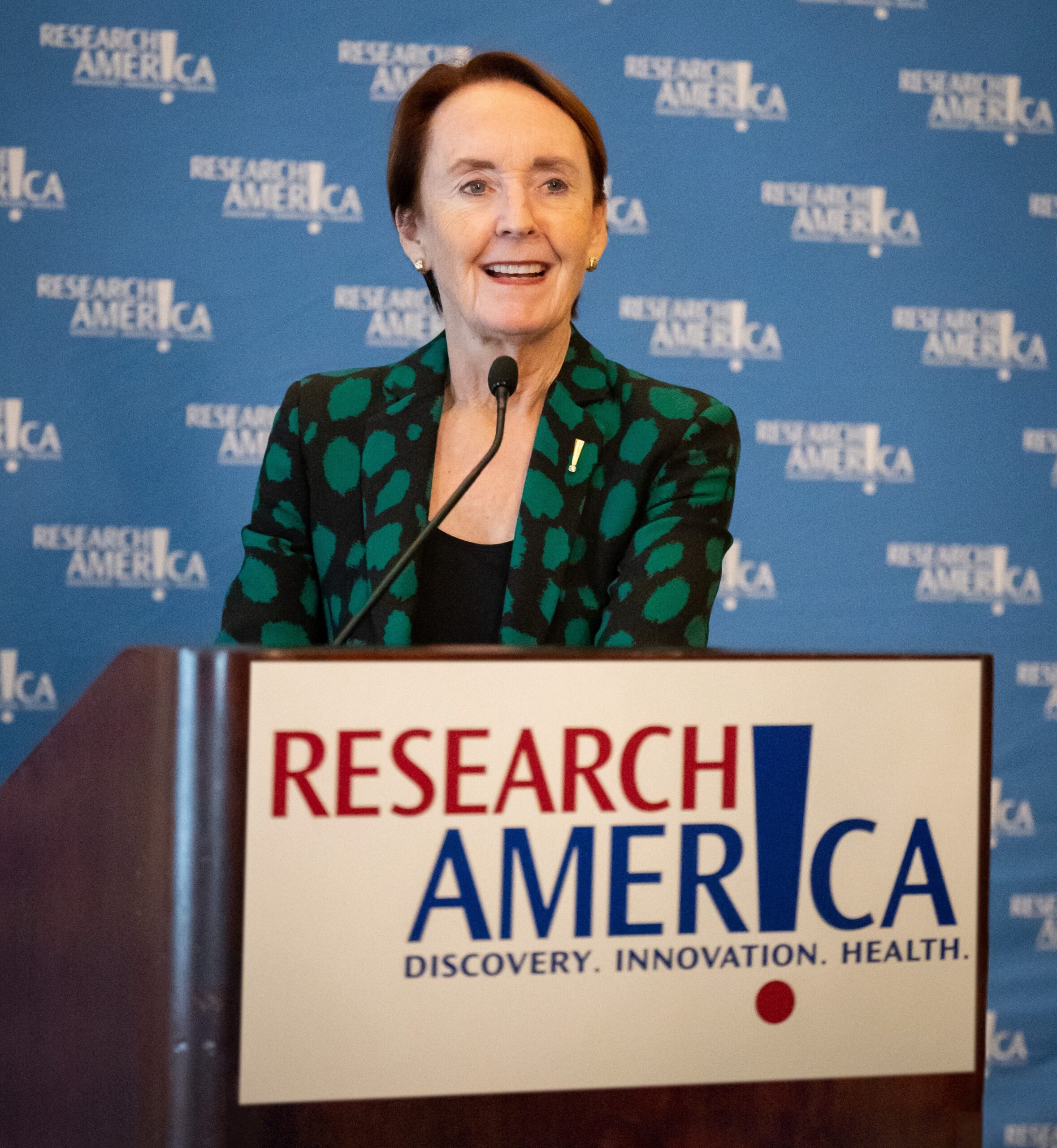Federal Shutdown and More

While this letter will begin with where things stand in several areas of federal funding, policy, and associated challenges, a familiar topic later in the letter – the Nobel Prizes – is where the hope lies. Bear with me through the hard stuff.
On Wednesday at 12:01 a.m., the federal government shut down after Congress failed to pass a continuing resolution. Read our statement here. Here are some key highlights and additional resources:
NIH: According to HHS’ FY26 contingency plan, NIH will halt new grant reviews, awards, and most administrative and research activities. New patient admissions and protocols at the NIH Clinical Center and intramural NIH basic research are paused, though essential patient care and animal welfare services will continue. We will share further guidance from the Office of Management and Budget (OMB) and NIH as it becomes available.
FDA: Regarding the “delivery” phase of the discovery, development, and delivery ecosystem, one important facet of a government shutdown is that FDA is not permitted to accept new drug or medical device applications.
The bottom line is that the shutdown will create bottlenecks across the R&D continuum. Below are links to the research and public health agencies that have published FY26 Lapse in Funding Contingency plans so far:
- Department of Health & Human Services: FY2026 Lapse in Funding Contingency Plan
- Includes sub-agencies, such as:
- National Science Foundation Plan for Operations During a Lapse in Appropriations
It is not possible to gauge how long this shutdown will last and we do not yet know the extent of any reductions in force, a possibility OMB Director Vought announced in this memo. We recognize the considerable hardship this creates for federal workers. Please know Research!America is one of many, many advocates pulling out all the stops to push for a rapid end to the shutdown and against coupling this shutdown with harmful reductions in force.
A Consequential Compact: As widely reported, the Trump Administration has sent letters to nine public and private universities offering preferential treatment in federal grant funding if they sign a compact. The compact includes a mix of operational and ideological pledges reflecting Trump Administration priorities. The full implications of this compact remain unclear. For example, the administration has indicated it could send similar letters to other institutions, and the introduction to the compact implies universities not signing on may be penalized: “Institutions of higher education are free to develop models and values other than those below, if the institution elects to forego federal benefits.” More to come on this.
Let me turn toward a topic that involves other consequential developments, both inspirational and awe-inspiring.
The Nobels Are Coming: Next week is Nobel Prize Week, with the announcements of the world’s most prestigious awards in medical and scientific research. These awards reward the extraordinary achievements of leaders in science, innovation, and progress, often including American researchers whose work is based on federally funded research. (The presence of American researchers has not always been the case for the Nobels; it is sometimes referred to as a ‘lagging indicator’ of robust national support for science.)
At a challenging time for the entire R&D ecosystem, the stories of these amazing researchers can be extraordinarily impactful, engaging people for whom science was remote to become truly interested in it. I’ve seen it happen! When the prizes are announced, think about writing a letter to your local media connecting the dots between Nobel achievements and the significance of American taxpayer support for science. We can’t take these achievements for granted and we all want more of them!
NCI Director Sworn In: Congratulations to Anthony Letai, M.D., Ph.D, who was sworn in this week as the new director of the National Cancer Institute. “Dr. Letai has been immersed in the relevant science for decades and has been on the cutting edge of how we think about cancer treatment,” NIH Director Jay Bhattacharya said in a release. “His drive, integrity, and expertise make him the right leader to harness the resources and talent at NCI to reverse America’s cancer crisis.”
Indirect Costs: I draw your attention to this editorial by former U.S. Senator Roy Blunt (R-Mo.) on the merits of The Joint Associations Group on Indirect Costs (JAG). JAG has proposed a solution addressing the important issue of ensuring sufficient reimbursement for the indirect (facility and administrative) costs of research. Learn more about JAG’s efforts here and see the letter the organization sent to congressional appropriators. (Note that JAG is still accepting signatures from national organizations, societies, associations, and individual institutions, which they will send as an addendum to this letter. You can sign on your organization using this form.)
Member-only Discussion: If you are affiliated with a Research!America alliance organization, join us on Tuesday, Oct. 7, at noon ET for a Research!America alliance member-only meeting via Zoom. We’ll be joined by Jason Van Pelt of Crossroads Strategies for an update on the government funding situation. We’ll discuss other R&D-related developments and leave plenty of time for Q&A. Email Jacqueline Lagoy for the Zoom registration link.
Expressing Our Appreciation: Research!America’s early career researcher sessions at the recent National Health Research Forum highlighted the importance of supporting the next generation of science policy advocates. We are grateful to all who joined these sessions and extend a special thank you to the panel participants for sharing their insights and experiences.
Our dedication to early career researchers does not stop there. Through our long-established internship program, we are proud to provide meaningful opportunities for emerging leaders to gain experience and strengthen their impact. We are deeply grateful to our internship funders, Emory University and Patricia Levy-Zuckerman, in honor of her late father, former National Heart, Lung, and Blood Institute Director Dr. Robert Levy. Their support makes this commitment possible. We also thank our long-time program partner the Burroughs Wellcome Fund for many years of sustained support.
Learn more about our internship and fellowship opportunities here.




